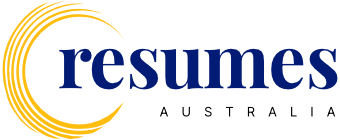Licensing and Registration Requirements
One of the biggest challenges that IENs face is navigating the complex licensing and registration requirements in Australia. Each state and territory has its own nursing board, and the requirements for registration can vary significantly. IENs may need to undertake additional education, exams, and clinical placements to meet the requirements for registration in Australia.
Language and Cultural Barriers
Another significant barrier that IENs face is language and cultural barriers. While many IENs may have excellent clinical skills, they may struggle with English language proficiency or have difficulty understanding the nuances of the Australian healthcare system and culture.To overcome this barrier, IENs can take advantage of language classes, cultural training programs, and networking opportunities with other nurses in the community. Building relationships with local nurses and healthcare professionals can also help IENs to better understand the Australian healthcare system and cultural norms.
Discrimination and Bias
Unfortunately, IENs may also face discrimination and bias when trying to find employment in Australia. Some employers may be hesitant to hire IENs due to concerns about language proficiency, cultural differences, or a lack of understanding about the value that IENs can bring to the healthcare system.To overcome this barrier, it’s important for IENs to advocate for themselves and their qualifications. This may involve highlighting their clinical skills and experience, networking with other nurses and healthcare professionals, and seeking out employers who have a demonstrated commitment to diversity and inclusion.
In Summary
In conclusion, while there are some barriers to employment for internationally educated nurses in Australia, but there are also strategies that can be used to overcome these challenges. Australia needs more nurses, so there has never been a better time to apply for an Australian nursing job.

0 Comments